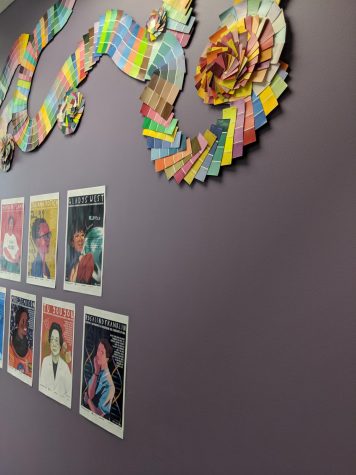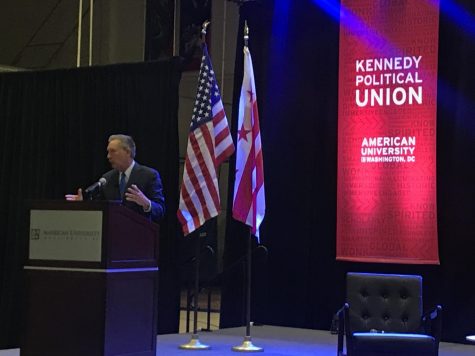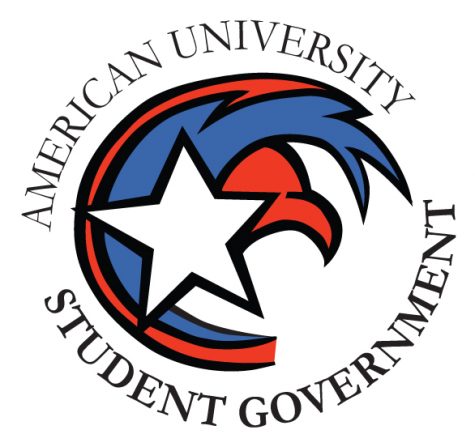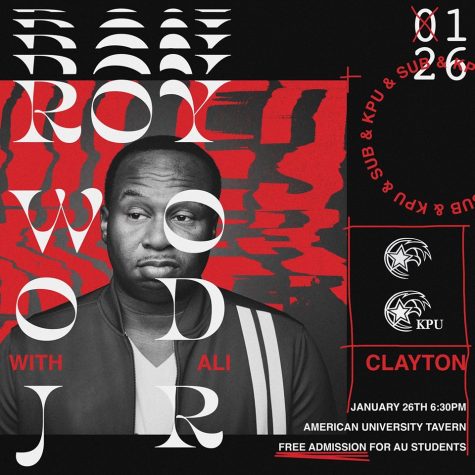Declaring Victory Over Ebola: Francis Kateh
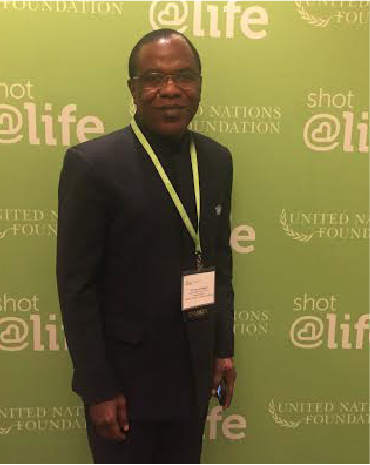
Dr. Francis Kateh is the Deputy Minister of Health and Chief Medical Officer for Liberia. He began his journey into the healthcare sector from humble beginnings, citing his mother, his faith and hope for his country as his motivation. Kateh helped lead Liberia’s victory over Ebola and continues to be a strong voice in the world of healthcare.
What was growing up in Liberia like? What inspired you to become a doctor?
I was born in a village. My mom had stopped her education in third grade and my dad stopped in high school, but was also a teacher in the village. We were rice farmers. Life was difficult.
At the age of 12, I decided I wanted to become a doctor. My mother had one eye and my friends used to tease me because of that. When I asked her what had happened, she told me that she had an eye infection but because there was no doctor in the village, she went to an herbalist. The herbs that were put in her eye shrunk it. I couldn’t believe there was no doctor available to her at the time and this is what inspired me to become one.
You are the Deputy Minister of Health & CMO in Liberia. What does that role entail?
The Deputy Minister and CMO is the most the most technical person in terms of health care system in the country. So my role and responsibility is looking at both preventive and curative aspects of health care. I have direct supervision over all of the hospitals and clinics and also preventative services in making sure the people of Liberia are healthy. The Chief Medical Officer or CMO is the basically the equivalent of the Surgeon General in the United States.
How have you been involved with the fight against Ebola? What’s the current state of Ebola in the countries that were affected?
Ebola was a re-awakening for the health care system in Liberia. Ebola felt like a mirror to what our health care system has been—we thought we were on a good path but Ebola showed us we needed to take a step back and notice all of the gaps in our health care system.
Liberia had the worst of it because the disease came into one of the most densely populated areas. At first military tactics were used to contain the disease, but that did not work. So we readjusted and began to use community engagement and involvement. I designed a strategy called “RITE” which stands for “rapid isolation and treatment of Ebola” which involves a specialized team isolating the disease, getting a specimen and testing it, doing line listing and trying to contain the disease before a bigger team would come in. We are not afraid of Ebola; we know it may come again but we know we can diagnose it immediately and take decisive action to contain it. Liberia has shared this strategy with both Guinea and Sierra Leone.
What was your thought process with deciding to take an experimental Ebola vaccine?
My colleague and I were the first people to get the vaccine. What happens is you get the vaccine and you give a blood sample to see if you develop antibodies over an extended period of time. The results looked promising so I think we did the right thing.
The vaccine has been looked at in different studies—for example in Guinea if someone is infected with the Ebola virus, they’ll get vaccinated and those people have been shown to develop some level of protection. We’re looking forward to the final analysis and then the green light from WHO [World Health Organization] to make sure the vaccine is on the market.
You work closely with The United Methodist Church. Can you explain the role faith has played in your work?
I don’t think I would be where I am without believing that there is a God. My life has taken a lot of turns, but for every turn it’s taken, I felt like there was someone elevating me saying, “you have to go this way.” For me, faith for me is very critical. I tell people it doesn’t matter what they believe in, but there is within us something that tells us that there is something greater than what we are.
What is your hope for Liberia’s future?
My mother had one eye. She was not educated. I find myself by the grace of God who I am today. My country is blessed with natural resources; we have an abundance of water and we have a contained population. The country has the potential to be one of the best in Africa and that potential lies within every one of us. If we can get together and work as a team, success is very possible. For me, every decision and every action I take is done with the vision of bringing better health care to the people of Liberia.
What do you consider to be your greatest accomplishment?
I think my humility is what I consider to be my accomplishment. I won’t say I’ve made personal gains. I understand how to work with a team and because of that we always make some positive strides towards mitigating situations.



